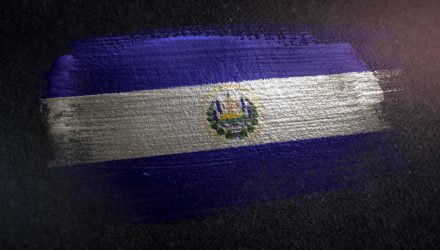El Salvador became the first country to approve bitcoin as a legal tender last Wednesday, reports the Wall Street Journal.
Businesses will now be required to accept Bitcoin payments for goods and bank loans, and the government will allow citizens to use Bitcoin to pay taxes.
According to President Nayib Bukele, adopting Bitcoin will allow for greater financial inclusion. He also claims it will increase the amount of money low-income families receive in remittance from relatives living abroad by cutting out the middlemen who often take cuts from international money transfers.
With around a fifth of the GDP coming from remittances and one in four Salvadorans living abroad, Bukele claims that the increased income could be in the billions.
Bukele also plans to set up a $150 million trust at a state-run development bank in order to allow for Bitcoin to convert to U.S. dollars automatically.
Per the Wall Street Journal, “adopting cryptocurrency could also help the country cushion potential economic sanctions if bilateral relations with the U.S. continue to deteriorate,” said Ricardo Castañeda of the Central American Institute for Fiscal Studies.
Since El Salvador adopted the U.S. dollar in 2001, it has been particularly vulnerable to U.S. economic sanctions. Using the U.S. dollar inhibits a country’s ability to use economic policy to stimulate the economy during times of crisis—such as the COVID-19 pandemic.
El Salvador is not the only nation which has talked about using cryptocurrency to reduce reliance on the U.S. dollar, the current dominant reserve currency. Adopting cryptocurrencies could theoretically give nations more control over their economies.
However, adopting Bitcoin as an official currency could be risky, considering the volatility of the cryptocurrency. Bitcoin’s value has historically shifted quickly and unpredictably and, as of yet, its adoption has primarily been as a speculative investment.
Furthermore, it is unclear if Bitcoin could be utilized by the majority of Salvadorians, as many do not have internet access.
Bukele has stated plans to build satellite infrastructure to increase internet access to rural areas, but such infrastructure could take a long time to build.
Some analysts have also raised concerns about Bitcoin’s potential for use in illicit activities due to its anonymous nature. Additionally, the move to approve Bitcoin as legal tender could complicate El Salvador’s current talks with the International Monetary Fund about securing $1 billion in funding for economic revitalization.
For more news, information, and strategy, visit the Crypto Channel.

